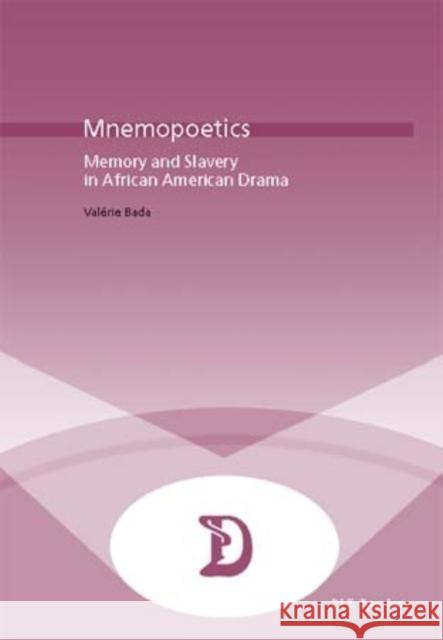Mnemopoetics: Memory and Slavery in African-American Drama » książka
topmenu
Mnemopoetics: Memory and Slavery in African-American Drama
ISBN-13: 9789052012766 / Angielski / Miękka / 2018 / 226 str.
Kategorie:
Kategorie BISAC:
Wydawca:
European Interuniversity Press
Język:
Angielski
ISBN-13:
9789052012766
Rok wydania:
2018
Numer serii:
000290171
Ilość stron:
226
Oprawa:
Miękka
Wolumenów:
01
Dodatkowe informacje:
Bibliografia











